There was a time...
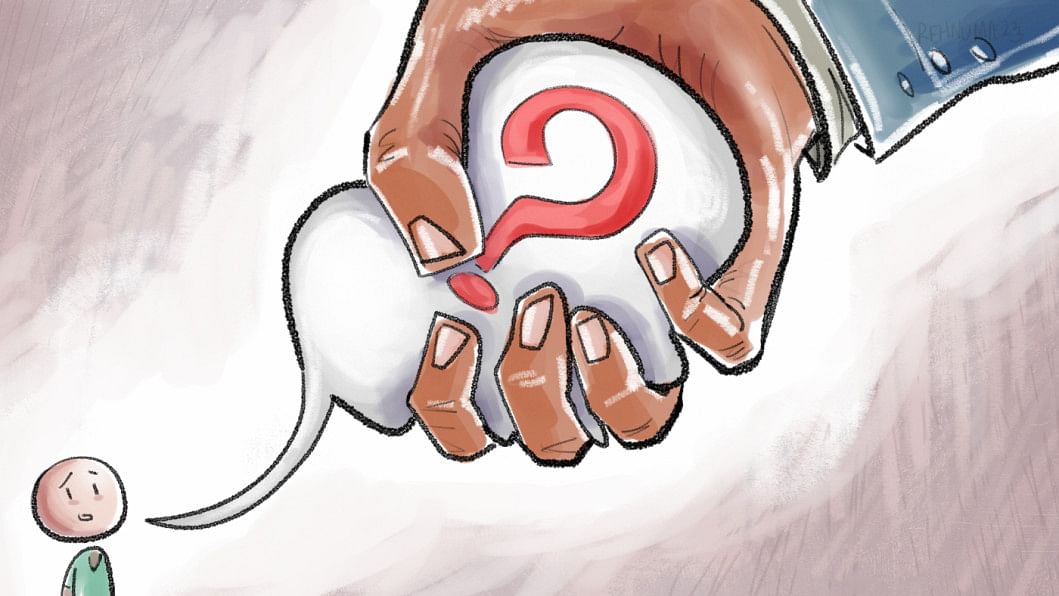
There was a time when journalists sought to be biased, but only towards people. And it was in the interest of the masses that they prided themselves on questioning the regime. It was a time when members of the press corps would silently measure who was asking the most pertinent questions that others had missed. There would be a certain degree of respect and awe for those raising the toughest questions in their quest to ascertain whether the people were benefiting.
The mere act of questioning, in itself, did not warrant applause so much as the degree of accountability that one demanded. It was the degree of inspection the regime was being subjected to that won the admiration. It was a time when we assessed who was it that gave pause to the figure at the podium, whose question was it that caused the speaker to be beaded with sweat. And it would be s/he who deserved the backslaps and applause.
There was a time when news outlets could be fiercely political and steadfastly non-partisan in their adulation as well as admiration, boldly adversarial and yet dispassionately balanced in their commendation as well as criticism of the ruling regime or its opposition. Sure, there would be backlash when the critique was too incisive, and the commendations dull. But nothing that could not be smoothed over during a strained détente.
It would be naïve to believe that there was a time when there were no news outlets acting like mouthpieces. There always were. But they would be on the sidelines, never daring to claim the validity of the mainstream. For it was the mainstream that maintained neutrality and independence. It was a time when the press strived to inform, educate, and entertain the audience with objective journalism, instead of clickbait headlines and an eternal quest for what has come to be known as viral content. There was a time when, through their work, journalists sought to comfort the afflicted and afflict the comfortable.
There was a time when the regime was particularly averse to the criticism of collaborators. It was as if Razakars never existed on this soil. So, no one dared point their fingers at the guilty or even mention the murky past. That was also a time when a parrot decided to accuse its confronter of being a collaborator. And "Tui Razakar" caught the imagination of millions. No matter how strongly dissent is subdued or throttled, parrots have chirped. Bumbling idiots have cracked iron-fisted regimes.
There have been sycophants too. But they would never condemn fellow journalists with unabashed self-righteousness, despite their own chequered careers riddled with political somersaults from one camp to another, for pointing out the obvious. They would never dare slam an outlet and accuse them of misconduct merely to be in the good graces of the government, especially if the outlet in question was only writing about deprivation and misery of the people. They would do the bidding of the powers that be in awkward embarrassment and slither back into the obscurity where they belonged. They never flaunted the complete decay of their spine from years of genuflection, for they too knew those who championed the needs of the poor and acted as the mouthpiece of the people were actually being responsible.
There was a time when it was unpatriotic to write about the Indigo Revolt for it cast the regime in a bad light. There was a time when it was unpatriotic to cover the Salt March for it planted seeds of rebellion. There was a time when it was unpatriotic to cover the Language Movement for it emboldened people to rise up in popular demand.
There was a time when it was unpatriotic to champion the political process over the mediocrity of uniformed stewardship. Ironically, the last time this was the case, the stewards attempted to banish the custodians of democracy from the public sphere and held them forcibly on the national parliament grounds, which is the seat of our democracy. Ironically still, it was in columns like these that we saw repeated criticism and resistance to injustice, and continuous calls for restoration of democracy through elections. There have also been times when it was unpatriotic to champion the plight of millions left without the ability to afford two square meals.
But criticism of the political establishment never invoked the wrath and vitriol of the executive, legislative and the judiciary or vice versa, threatening to blur the already thinning grey line between the party and the state, especially when the heart of the matter was true.
There were times when regimes exploited and employed the state apparatus to watch over those deemed to lack patriotism, particularly journalists and news outlets. But there was always a veneer of civility, there was always a façade of operating under the table. There was always the foregone subconscious that it was essentially wrong to monitor the press and impinge on its independence, for it contradicted the spirit of our democratic people's republic. Those deployed to keep watch would operate at the fringes and sniff around apologetically. They never demanded a seat at the table.
Autocratic or dictatorial, fascist or totalitarian, these regimes have remained stubbornly oblivious to the electorate's persistence and its capacity to protest. These regimes have, thus, underestimated the creativity and imagination of the electorate with single-minded devotion. From Bhootnath to Jiban Theke Neya, wit and humour have never failed to overwhelm these regimes with absolute befuddlement. There was a time when two bumbling idiots named Goopi and Bagha showed the hollowness of a totalitarian regime built on the riches of its diamond mines.
There was a time when the regime was particularly averse to the criticism of collaborators. It was as if Razakars never existed on this soil. So, no one dared point their fingers at the guilty or even mention the murky past. That was also a time when a parrot decided to accuse its confronter of being a collaborator. And "Tui Razakar" caught the imagination of millions. No matter how strongly dissent is subdued or throttled, parrots have chirped. Bumbling idiots have cracked iron-fisted regimes.
Tanim Ahmed is a dropout journalist who thinks freely, comments a lot and writes a little.

 For all latest news, follow The Daily Star's Google News channel.
For all latest news, follow The Daily Star's Google News channel. 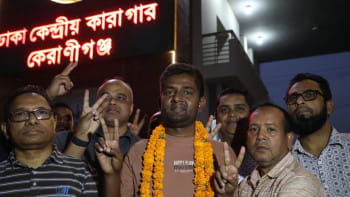
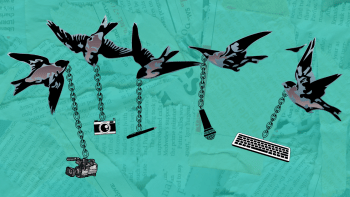




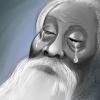
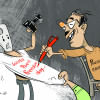




Comments